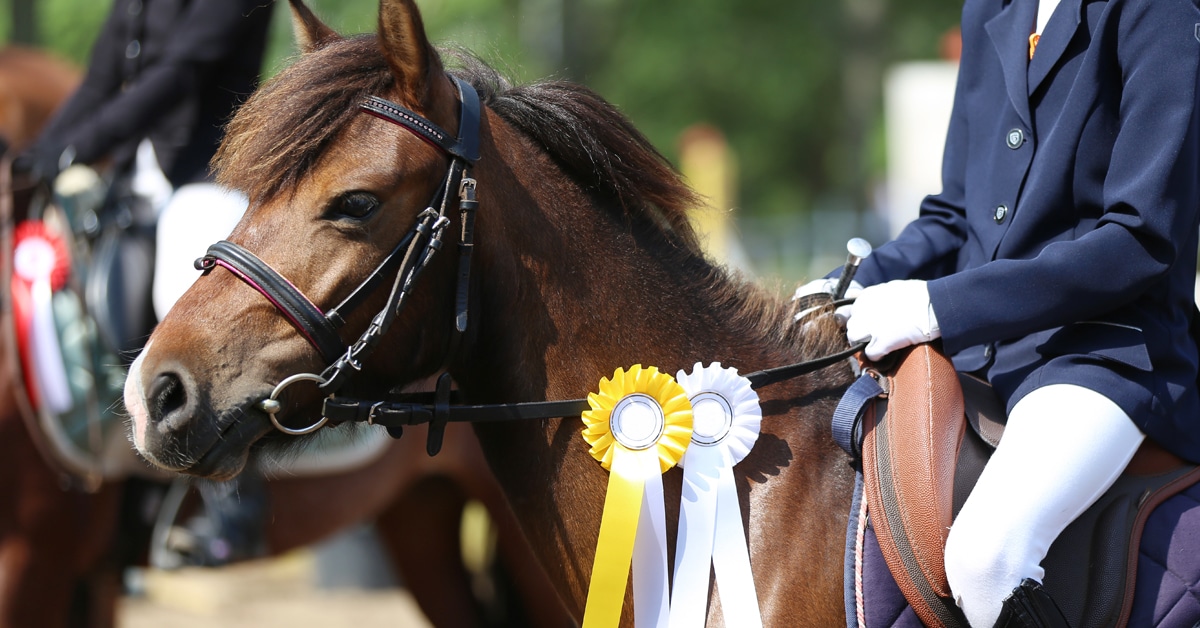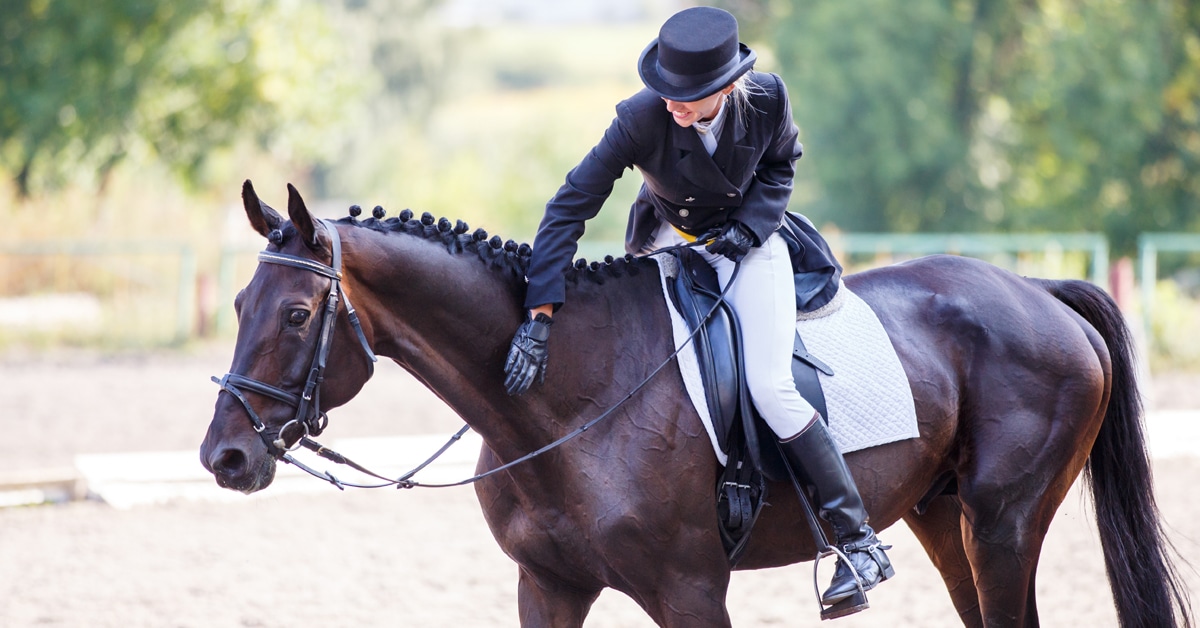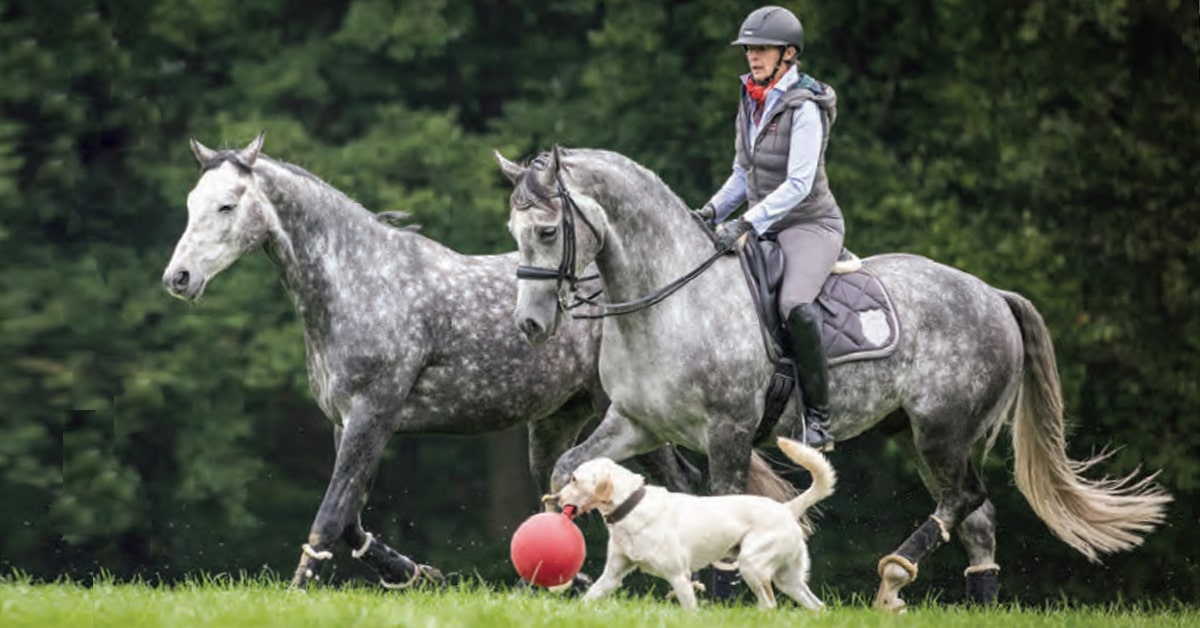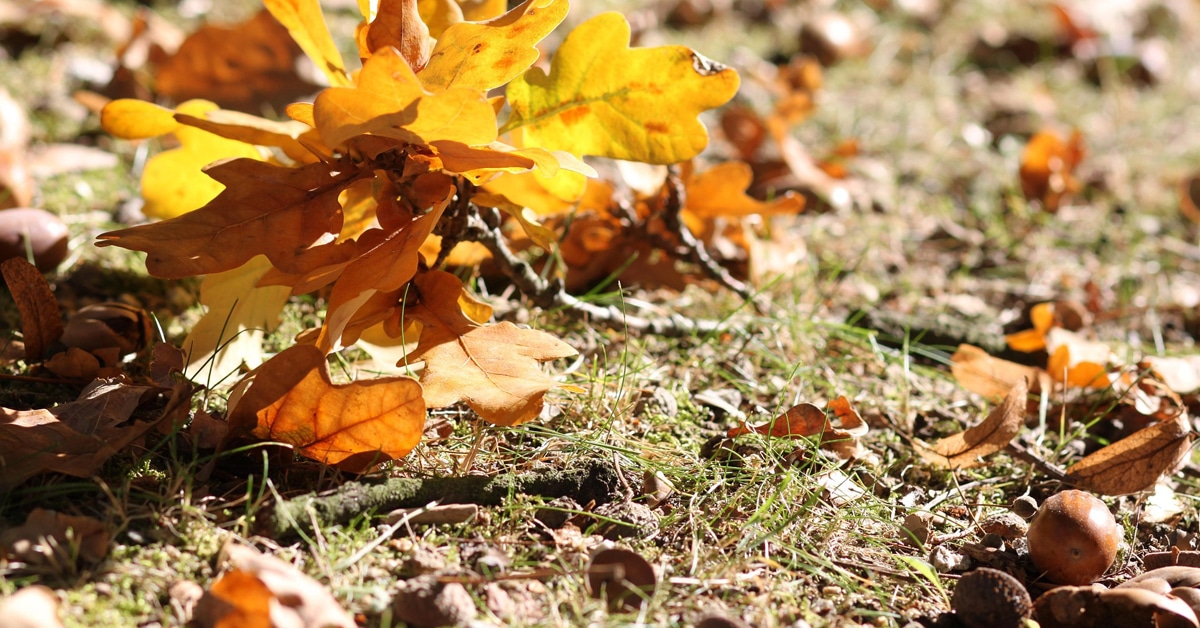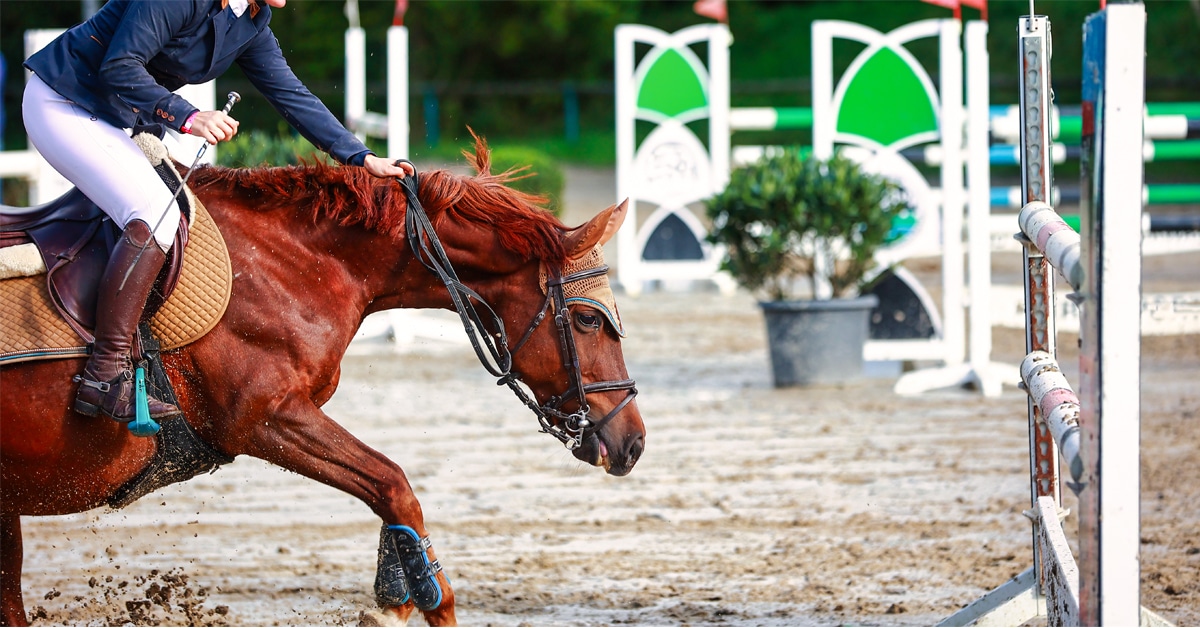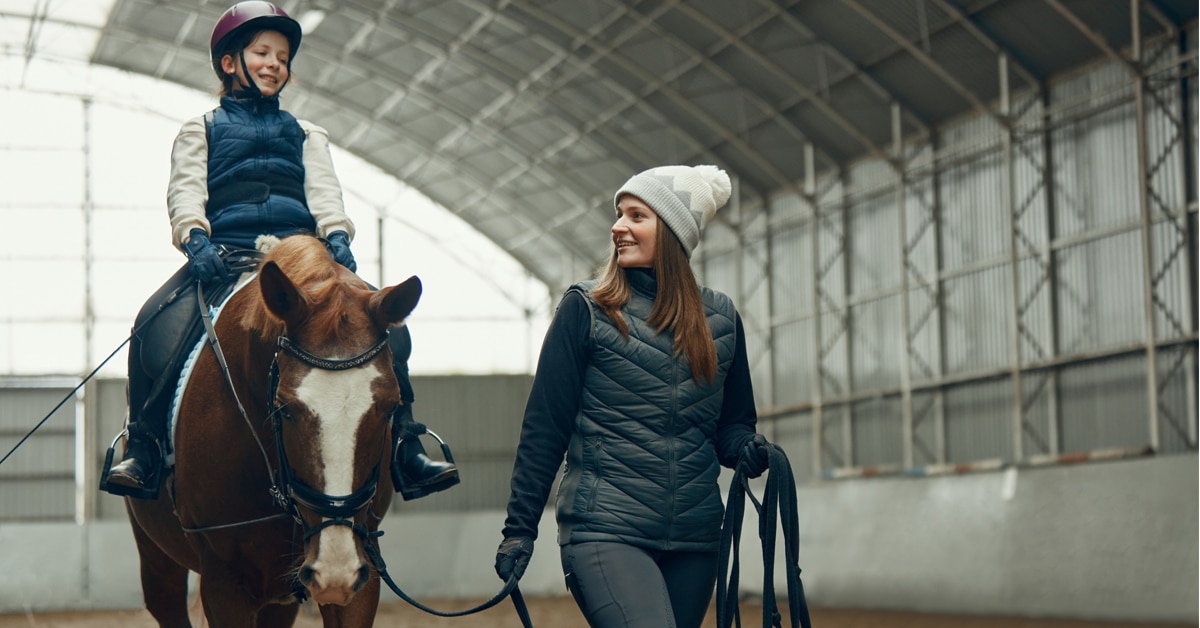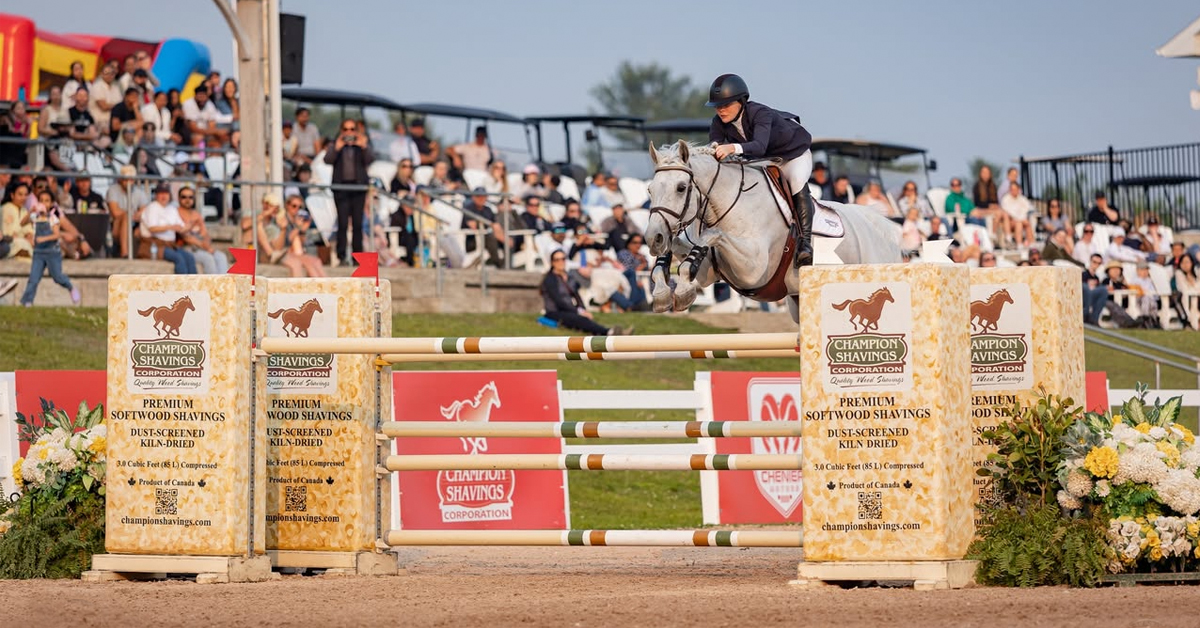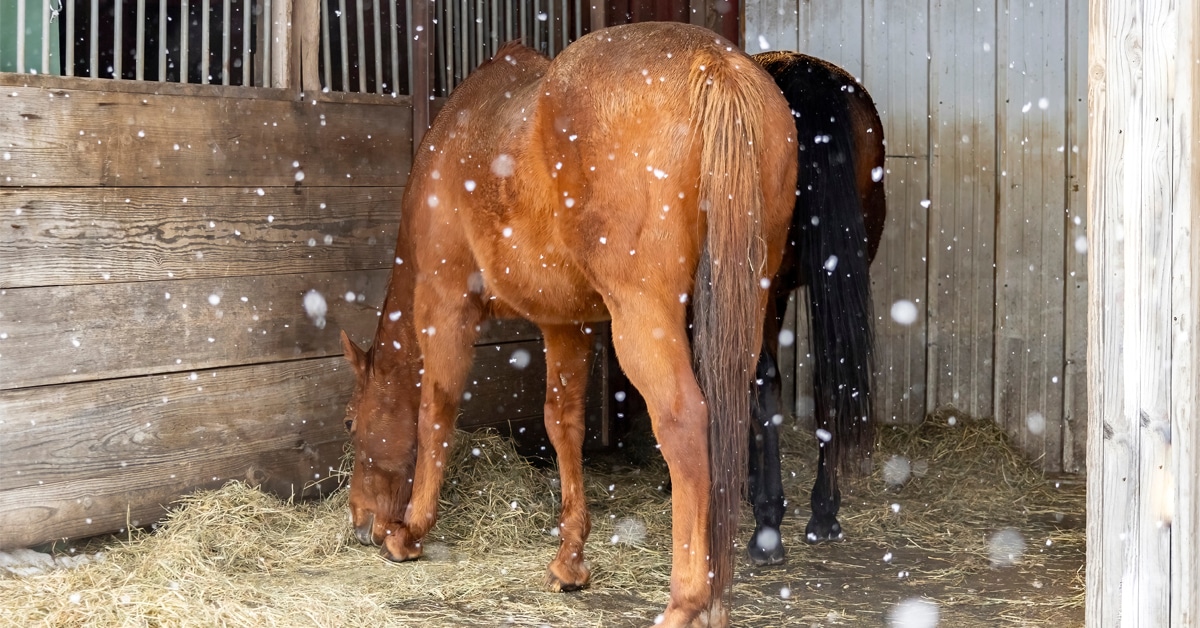There is international public concern regarding Thoroughbred (TB) racehorses’ lives after racing. Results of a joint study conducted by the Hong Kong Jockey Club and the University of Liverpool were presented at the International Society for Equitation Science conference entitled “A Good Life for Horses” in New Zealand in March 2024. This mixed-methods study explored how equestrians regard retired off-the-track TB racehorses (OTTBs) in second ridden careers, and barriers that exist.
Qualitative data was collected via panel discussions with eight equestrian stakeholders ‒ owners of OTTBs, racehorse re-trainers and an equine veterinary surgeon ‒ and then analyzed using formal thematic analysis. Themes identified included OTTB’s work ethic and trainability; perceptions around injuries, management; life before racing; temperament and athletic ability; the impact of visuals of OTTBs in the public domain; the cost of OTTBs; rider and handler experience, and owner expectations.
The results were used to develop of an online survey of 35 questions, which was circulated between July-August 2021. The survey yielded 3,636 responses from participants in 39 countries; some of the results included:
- 92% of respondents had experience working with/riding OTTBs
- over 60% disagreed that OTTBs are high-maintenance or cost more to keep compared to other horses
- 72% considered they cost less to buy compared to other horses.
- 98.4% considered that retired OTTBs had physical capacity to embark upon a second career regardless if their racing discipline was flat or jump, or racing career length
- 97.7% believed that OTTBs were adaptable, trainable and willing to learn and considered they would be most suitable for teaching:
— experienced riders (95.2%)
— used at an equestrian college (85.7%)
— teaching stable management (85.5%)
— suitable for teaching novice riders (39.5%)
There were differences in opinion between equine professionals and non-professionals regarding the discipline OTTBs were most suited for, but eventing was the most commonly selected response in both groups. Participants were divided over whether OTTBs have more physical issues compared to other horses. The survey also found:
- 84.8% agreed/strongly agreed that OTTBs have a bad reputation.
- 35.76% believed that OTTBs display more stereotypical behaviours compared to other horses.
In terms of ensuring racehorses have a good life after racing, only 4% of respondents agreed that the British racing industry and equestrian industry collaborate enough to provide outlets for OTTBs, 46.5% considered that efforts are adequate but more could be done, while 29.6% felt that not enough was being done to ensure they found homes and jobs after their racing days were over. Similarly, 37.7% of respondents felt that insufficient information was provided by the racing industry about sourcing an OTTB.
This study provides evidence that can be used by the Thoroughbred industry and equestrian stakeholders to develop strategies to improve the use of OTTBs in a second career, ensuring a good life beyond the starting gates..
~ with files from International Society for Equitation Science
The Latest
